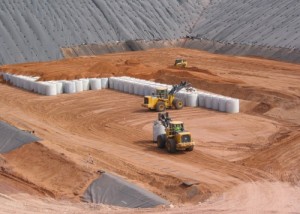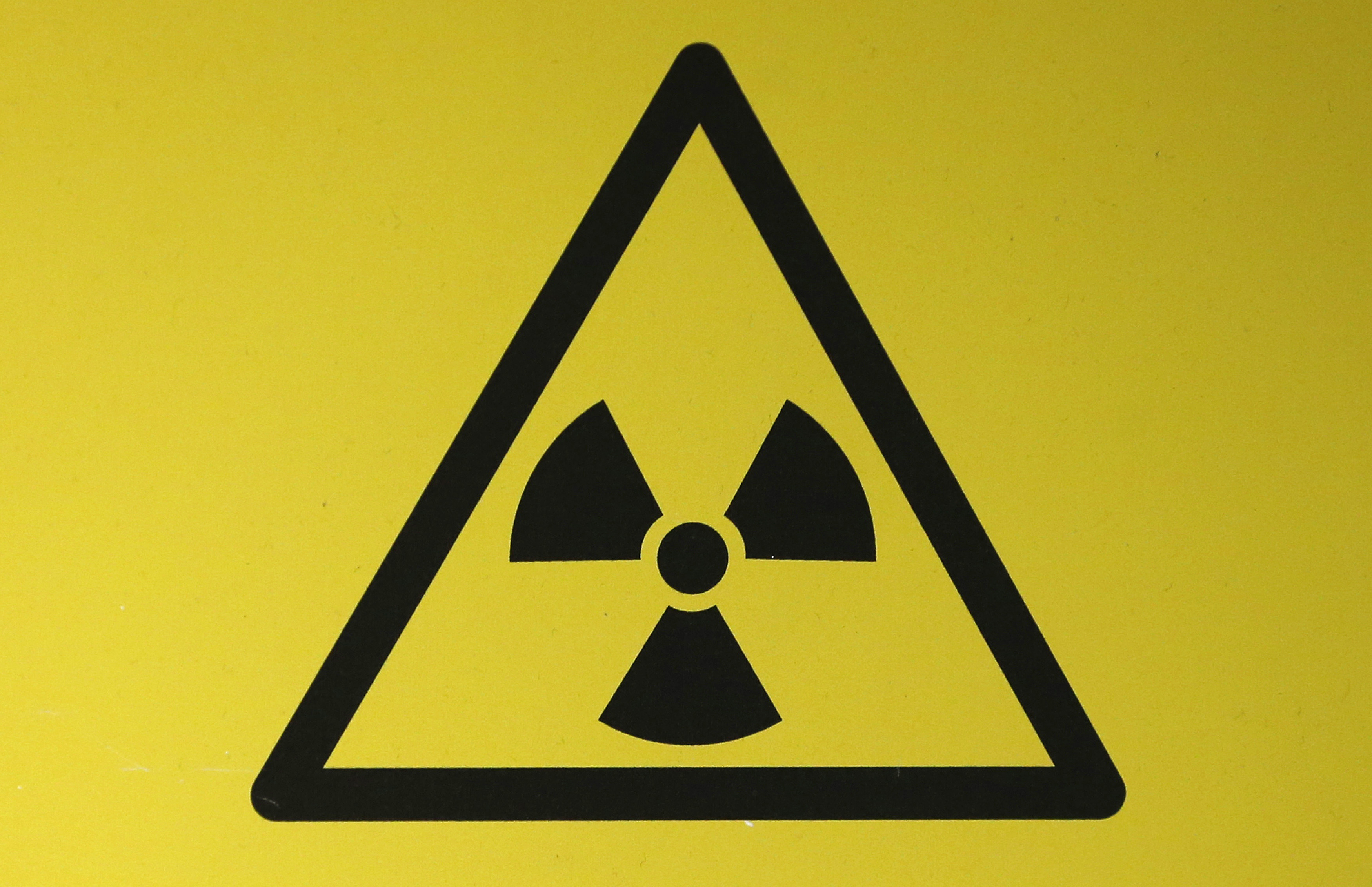Company Wants to Expand Nuclear Waste Site in Texas
A Dallas-based company is looking to expand its nuclear waste site in rural West Texas into a longer-term storage site for high-level radioactive waste.
Waste Control Specialists (WCS) is asking the federal Nuclear Regulatory Commission to approve a new license to expand its above-ground storage facility in Andrews County to allow more radioactive types of waste.
The company already stores “low level” waste – contaminated rags, tools and other equipment that have come mostly from the national nuclear research lab in Los Alamos, New Mexico.
The site also served as a home for waste that was supposed to wind up at the Waste Isolation Pilot Plant in Carlsbad, New Mexico, until that site was shuttered after a leak contaminated workers there about a year ago.
WCS now wants to store used fuel rods from nuclear power plants across the country – a more radioactive form of waste.
In theory, the waste would stay in West Texas temporarily – until the federal government comes up with a long-term disposal plan – but it could be decades before that happens.
“Even though it is called an interim storage facility, that storage period is a long time,” says WCS President Rod Baltzer. “We think that’s somewhere between 60 to 100 years.”
Baltzer was in Washington, D.C. Monday talking to reporters about the company’s push to expand the facility.“This wasn’t initially something we intended to do when we got out there, but we’ve been out there a long time, and times have changed,” he says.
Those changes have riled some environmentalists in Texas.
The Sierra Club has criticized the company for its track record of slowly expanding its intentions for the West Texas site. The environmental group says the company’s misled lawmakers and the public as it’s sought to store more radioactive types of waste through the years.
Cyrus Reed, Conservation Director for the Sierra Club’s Lone Star Chapter, says he’s watched with concern while the company’s plan for the site grew from storing low level waste to larger quantities of the same waste.
“Now it turns out we are to become the nation’s dumping ground for all manner of dangerous highly toxic radioactive waste,” he says.
WCS maintains it can store the waste safely, and that the community in Andrews County has welcomed the idea.
Baltzer says the company is fulfilling the Obama Administration’s call in 2013 for a “consent-based” approach to transporting, storing and disposing of the nation’s nuclear waste.
That strategy instructs the government to seek out communities willing to house nuclear waste “in expectation of the economy activity that would result from the siting, construction and operation of such a facility in their communities.”
For now, Andrews County appears to be that kind of place. County Commissioners recently passed a resolution enthusiastically backing the plan.
If the Nuclear Regulatory Commission gives WCS the green light, the company says construction on the expanded facility could be complete by the end of 2020.


